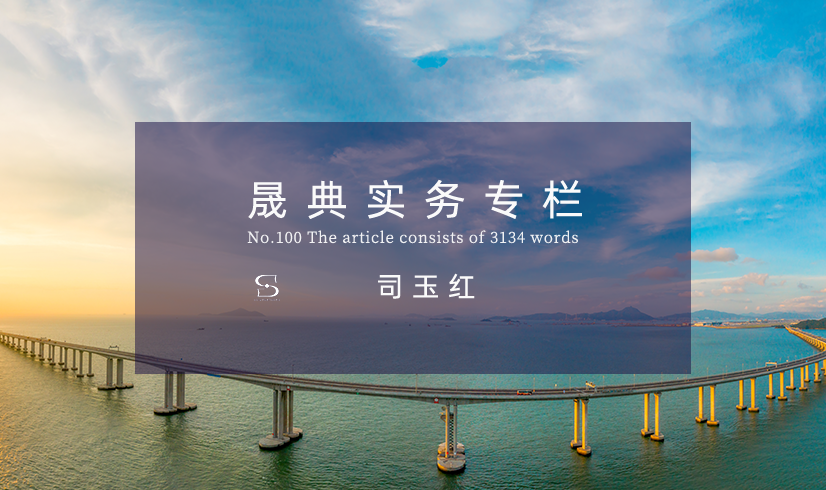Interpretation of the Revision of the Company Law............................................................................................
![]() Loading...
Loading...
![]() 2024.03.11
2024.03.11
[Introduction to Practice] Master of Civil and Commercial Law, Chinese University of Hong Kong. He is currently a lawyer of Shengdian Law Firm, senior corporate compliance engineer, deputy director of Shengdian Foreign Affairs Legal Professional Committee, director of Shenzhen University Law School Alumni Association, director of Shenzhen Legal Culture Research Association, selected into the Guangdong Foreign Lawyer Talent Pool, Shenzhen Foreign Lawyer Talent Pool, with securities qualifications, rich practical experience in dispute resolution, and has handled a large number of civil and commercial disputes, focus on corporate litigation, foreign-related litigation, commercial contracts, financial disputes, corporate compliance and other fields, good at handling difficult and complex cases, has provided legal services for dozens of domestic banks, securities firms, trusts, listed companies and large enterprises, etc., and is good at helping customers effectively achieve their business goals through litigation.
Working languages are Mandarin, Cantonese, English and Hakka.
Contact
mailbox: bubin@shengdian.com.cn
Notes:

